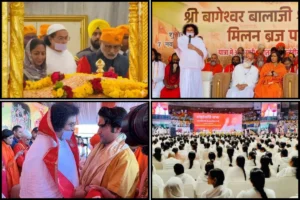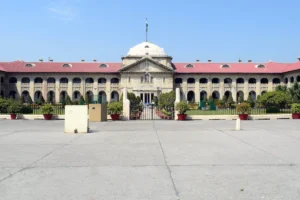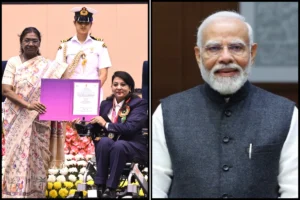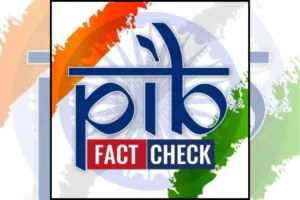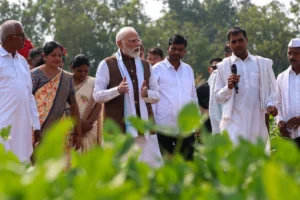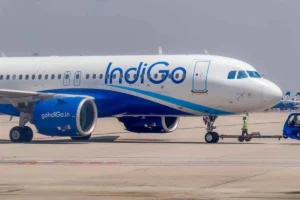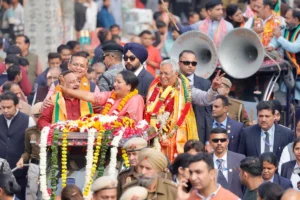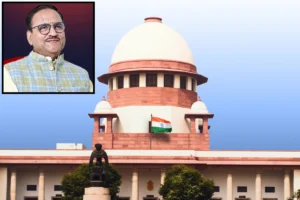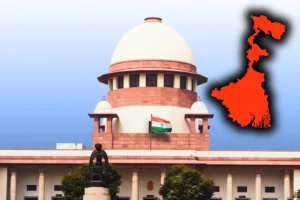
On Monday, the Central government opted not to implement more stringent measures to combat pollution in Delhi-NCR, despite forecasts indicating a potential shift to ‘severe’ air quality on January 30. This marks the third occasion since January 24 that the central authorities have refrained from adopting disruptive measures to address the escalating air pollution crisis.
As of 4 pm on Monday, the 24-hour average Air Quality Index (AQI) in Delhi was recorded at 356. Disturbingly, projections from the India Meteorological Department and the Indian Institute of Tropical Meteorology suggest a likely deterioration of air quality to the ‘severe’ category, with the AQI expected to surpass 400 on Tuesday.
Also Read: Shocking Betrayal! Woman Murdered by In-Laws in Gruesome Plot for Life Insurance
The escalating pollution levels have prompted concerns among citizens and environmentalists, urging decisive action from the authorities. However, the Central government’s decision to withhold the implementation of more robust measures has sparked debates over the adequacy of the existing strategies in place.
Underlining the severity of the situation, if the AQI breaches the 400-mark, it mandates the authorities in Delhi-NCR to invoke stricter measures outlined in Stage III of the Centre’s Graded Response Action Plan (GRAP). This plan is designed to act as a guideline for implementing graded responses to address different levels of air pollution, ranging from moderate to severe.
The GRAP includes a range of measures such as the imposition of stricter traffic controls, a ban on certain industrial activities, and stringent enforcement of dust control measures. However, the government’s hesitancy to trigger these measures in the face of the impending ‘severe’ category raises concerns about the efficacy of the current strategies and the potential consequences for public health.
Also Read: UK Announces Ban on Disposable Vapes and Restrictions on Sweet-Flavored E-cigarettes Targeting Youth
Environmental activists and experts have been vocal about the need for proactive and immediate steps to mitigate the rising pollution levels. Criticism has been directed towards the government for its perceived indecision and the lack of a comprehensive and sustained approach to address the root causes of air pollution in the region.
With the air quality poised to deteriorate further, the situation remains precarious. The ongoing debate between environmental concerns and the economic and logistical challenges associated with stricter measures continues to be a central point of contention in the efforts to combat air pollution in the Delhi-NCR region.
To read more such news, download Bharat Express news apps








